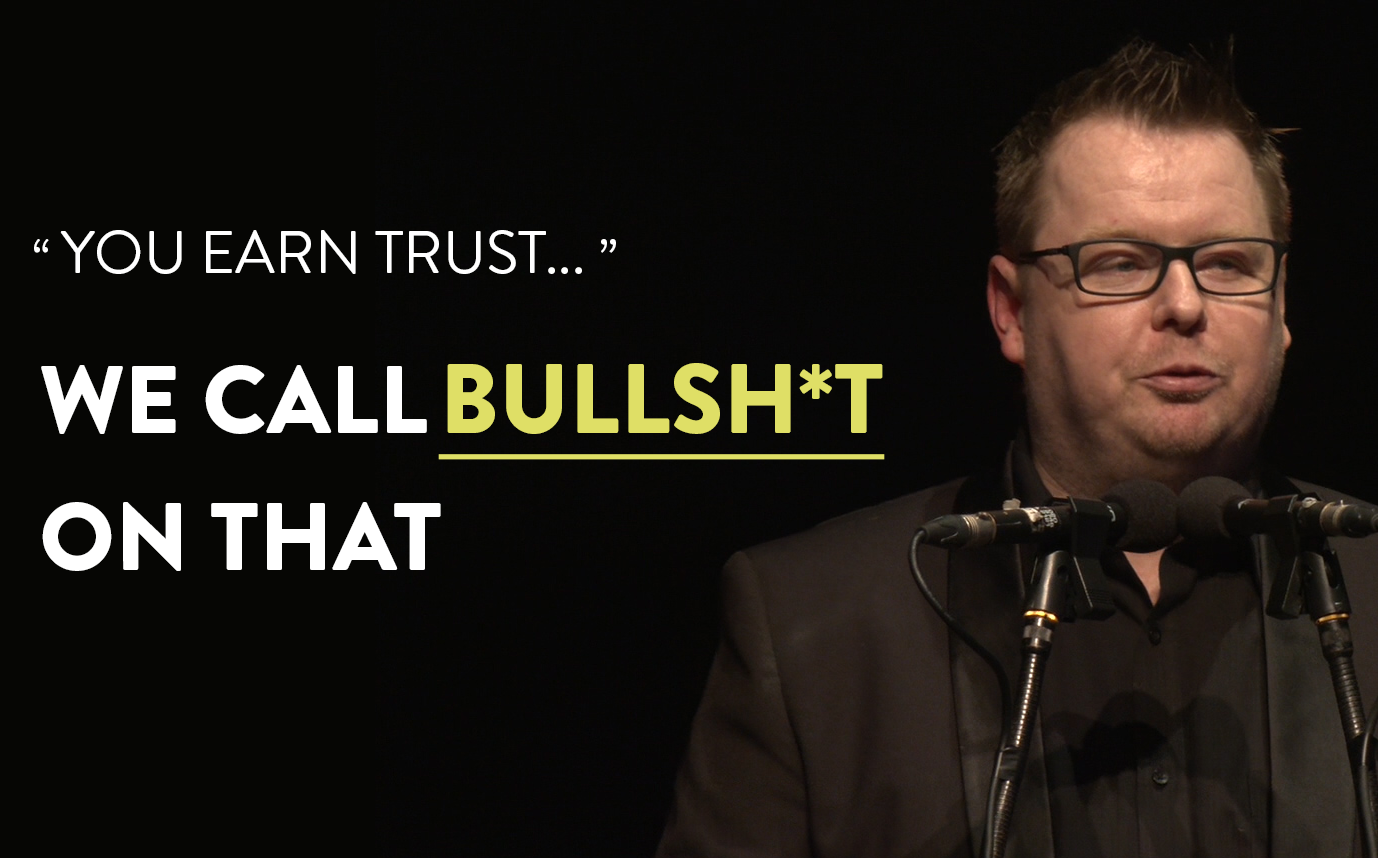
12th April 2021
Who’s next? Isn’t it time you trusted and empowered your people?

On the 23rd January 2020, before the pandemic, and before Inspiring Workplaces, our CEO Matt Manners made a speech about the importance of trust and empowerment in creating awesome places to work.
Like all of us, Matt had no idea the chaos, change and uncertainty the next 12 months were going to bring. If there is one positive that has come through all the anxiety, pain and loss the pandemic has brought, it’s the acceleration to a culture of trust and empowerment. This year, we have seen the proof that flexible working practices are possible for the majority of organizations across the globe. And now, it’s making a permanent difference.
This year, some of the the largest organizations worldwide have made changes to embed a culture of trust post-pandemic
Siemens is one of the largest companies in the world–a member of the Global Fortune 500 with over 380,000 employees. In July 2020, Siemens announced it’s commitment to developing their culture into one that fully trusts and empowers their employees by focussing on output – not how much time is spent in the office.
“These changes will also be associated with a different leadership style, one that focuses on outcomes rather than on time spent at the office […] We trust our employees and empower them to shape their work themselves so that they can achieve the best possible results. With the new way of working, we’re motivating our employees while improving the company’s performance capabilities and sharpening Siemens’ profile as a flexible and attractive employer.” Roland Busch, Deputy CEO and Labor Director, Siemens AG
Last week, PwC announced similar changes to allow greater flexibility for its 22,000 people post-pandemic.
“We’ve long promoted flexible working, and we hope today’s announcements make it much more the norm rather than the exception. We want our people to feel trusted and empowered. […] We want to help enshrine new working patterns so they outlast the pandemic. Without conscious planning now there’s a risk we lose the best bits of these new ways of working when the economy opens up again. The future of work is changing at such a pace we have to evolve continually how we do things to meet the needs of our people and our clients.” Kevin Ellis, chairman and senior partner, PwC
Who’s next?
We’d love to hear all the organizations, big and small, that you think have made positive changes during the pandemic. Comment their names, and what they have changed below.

